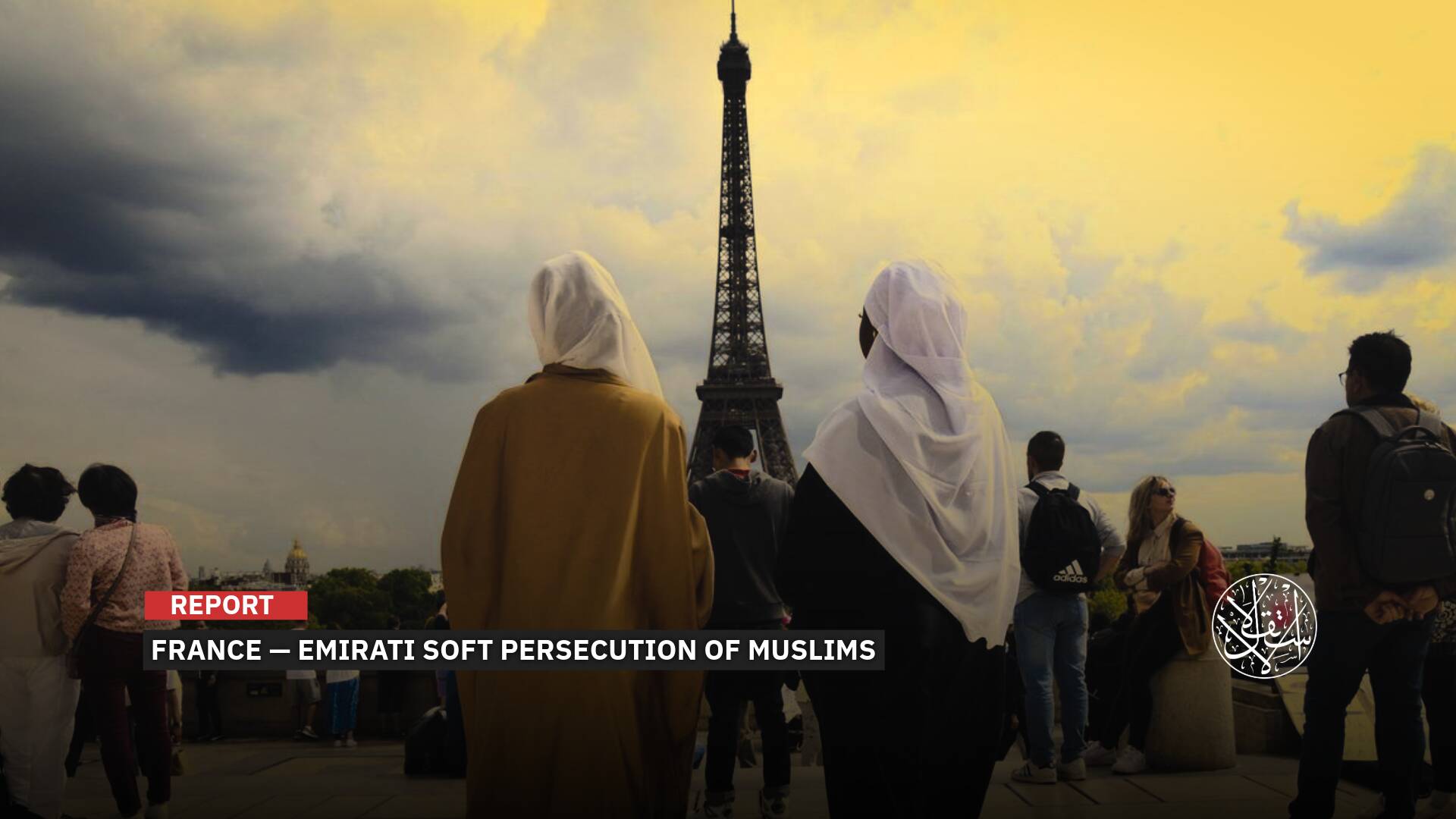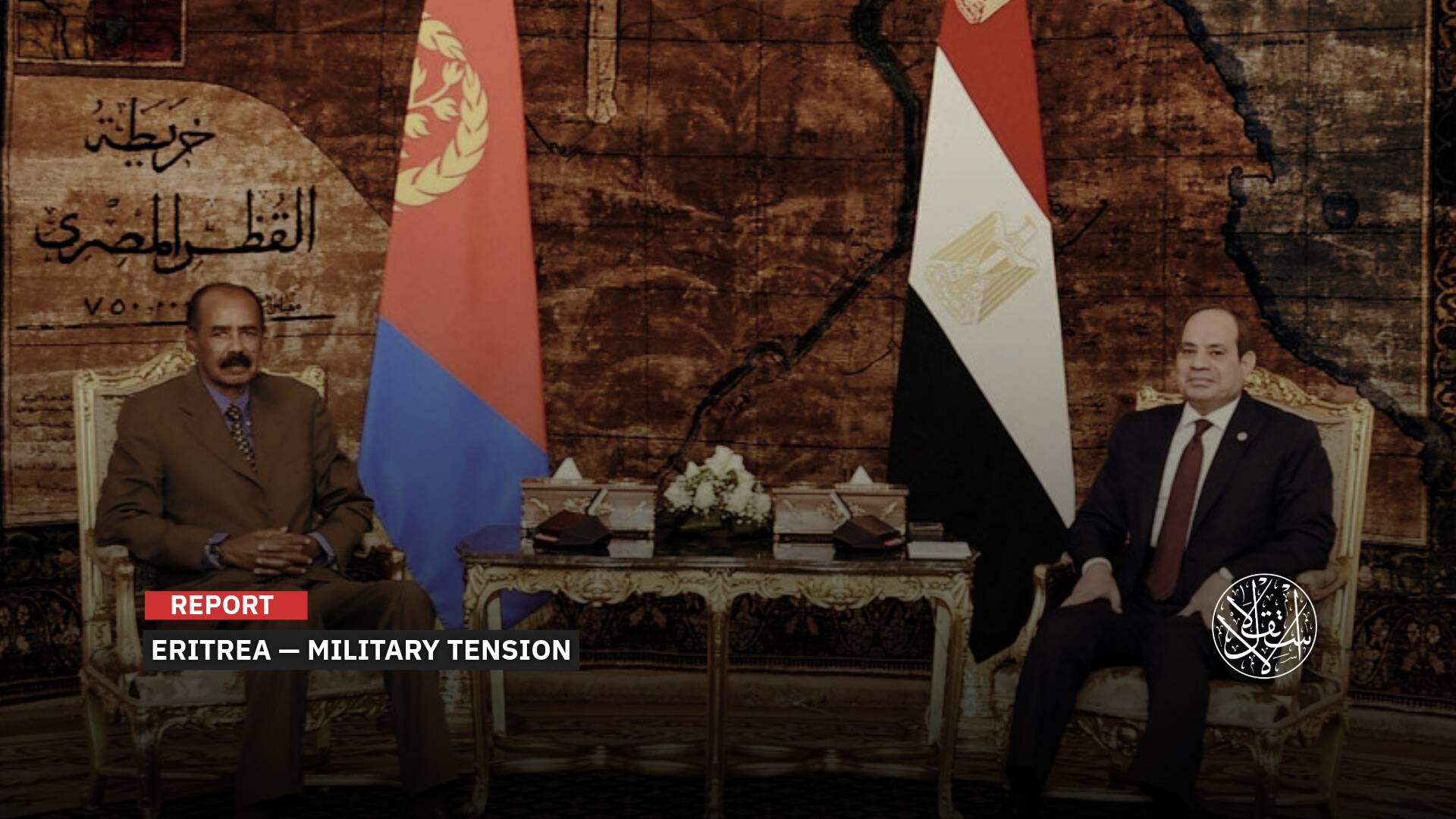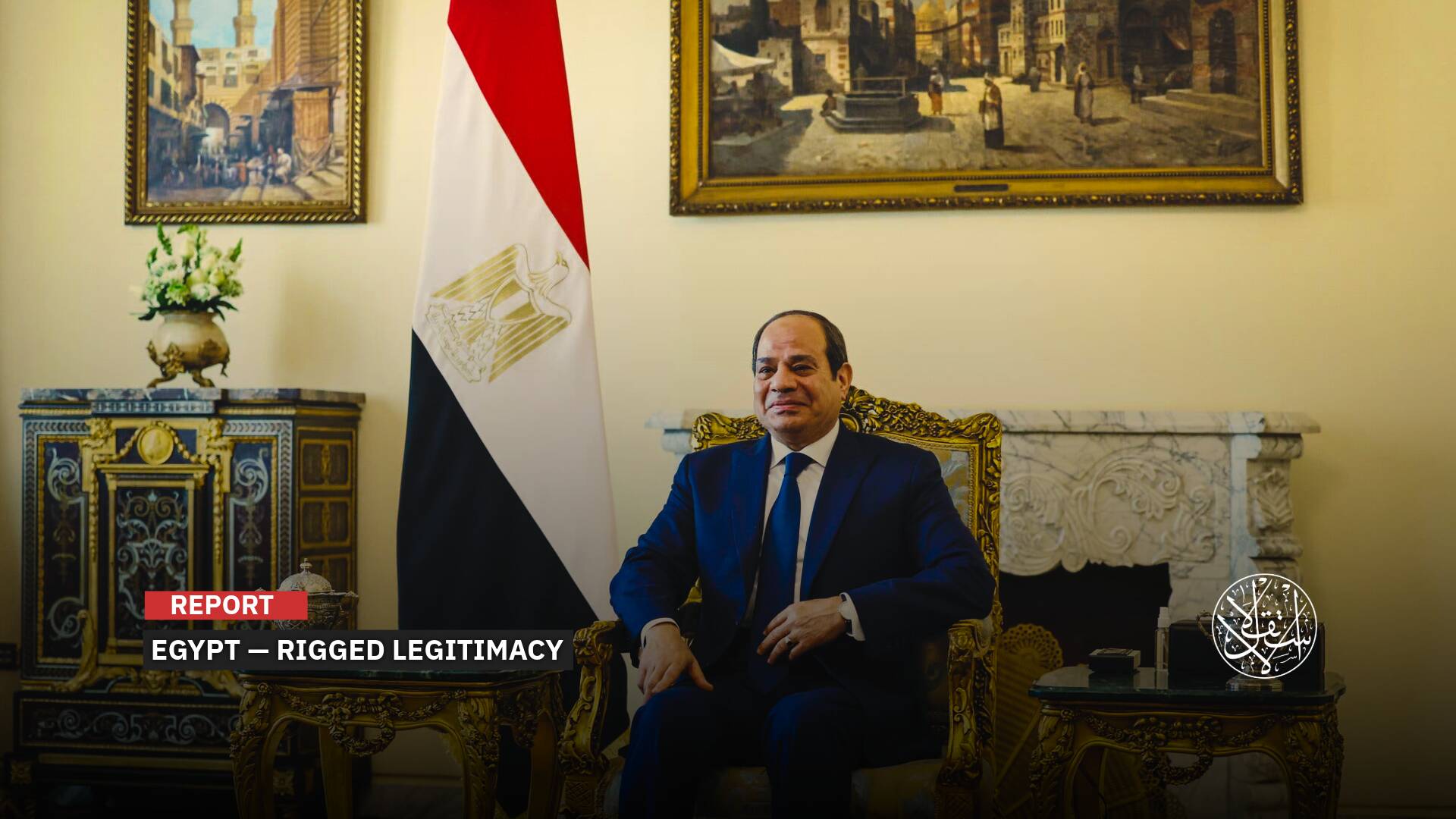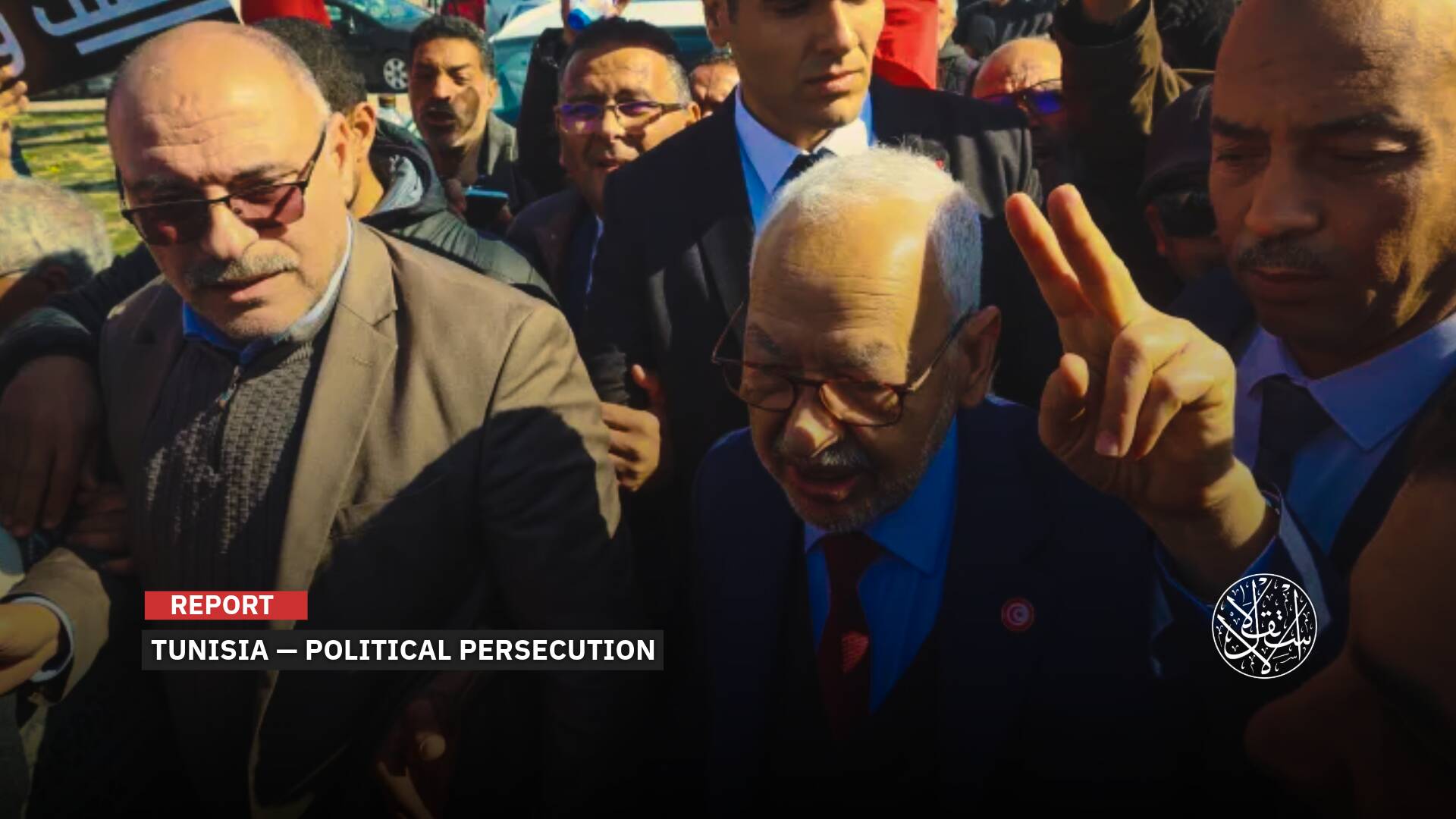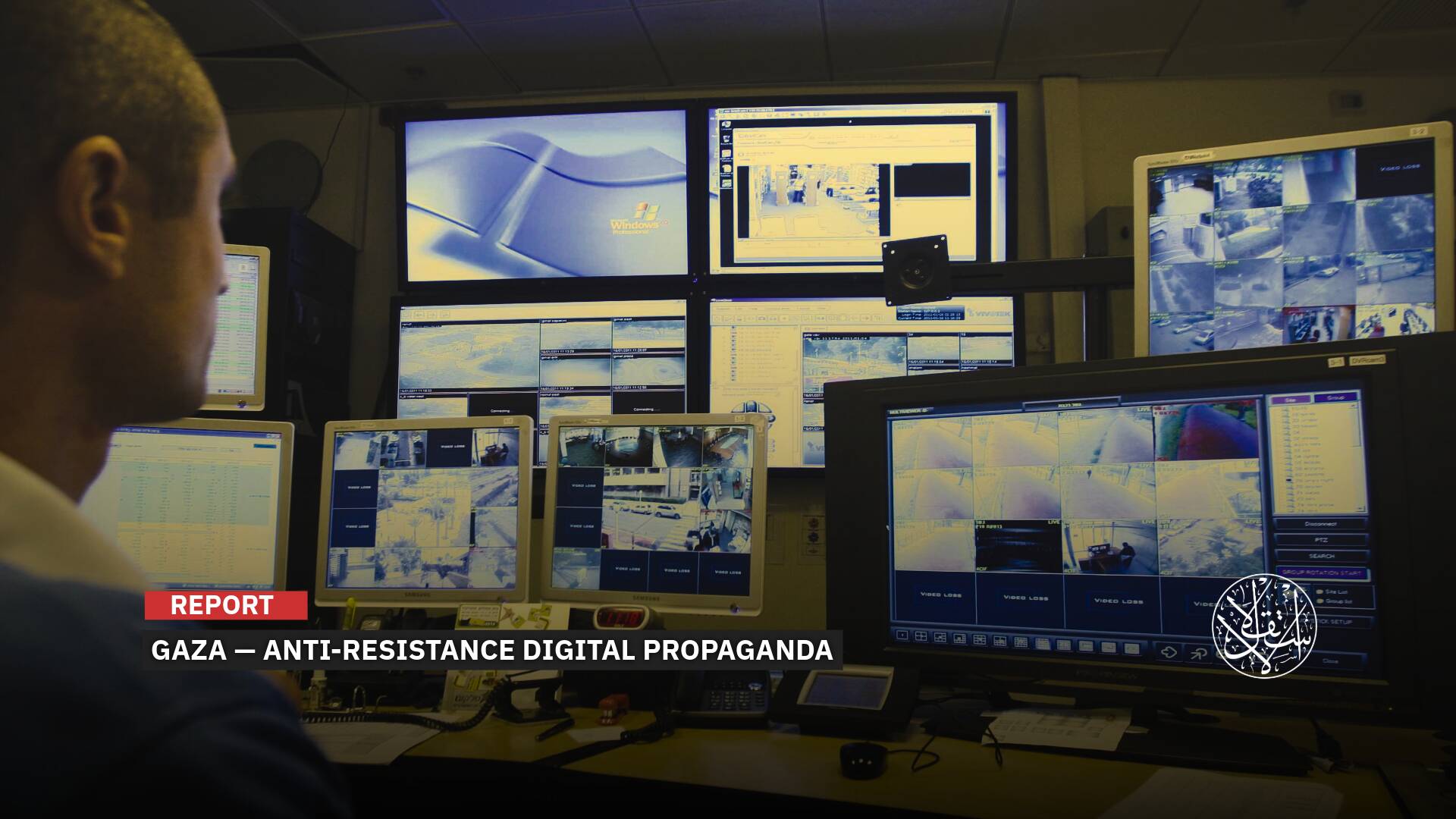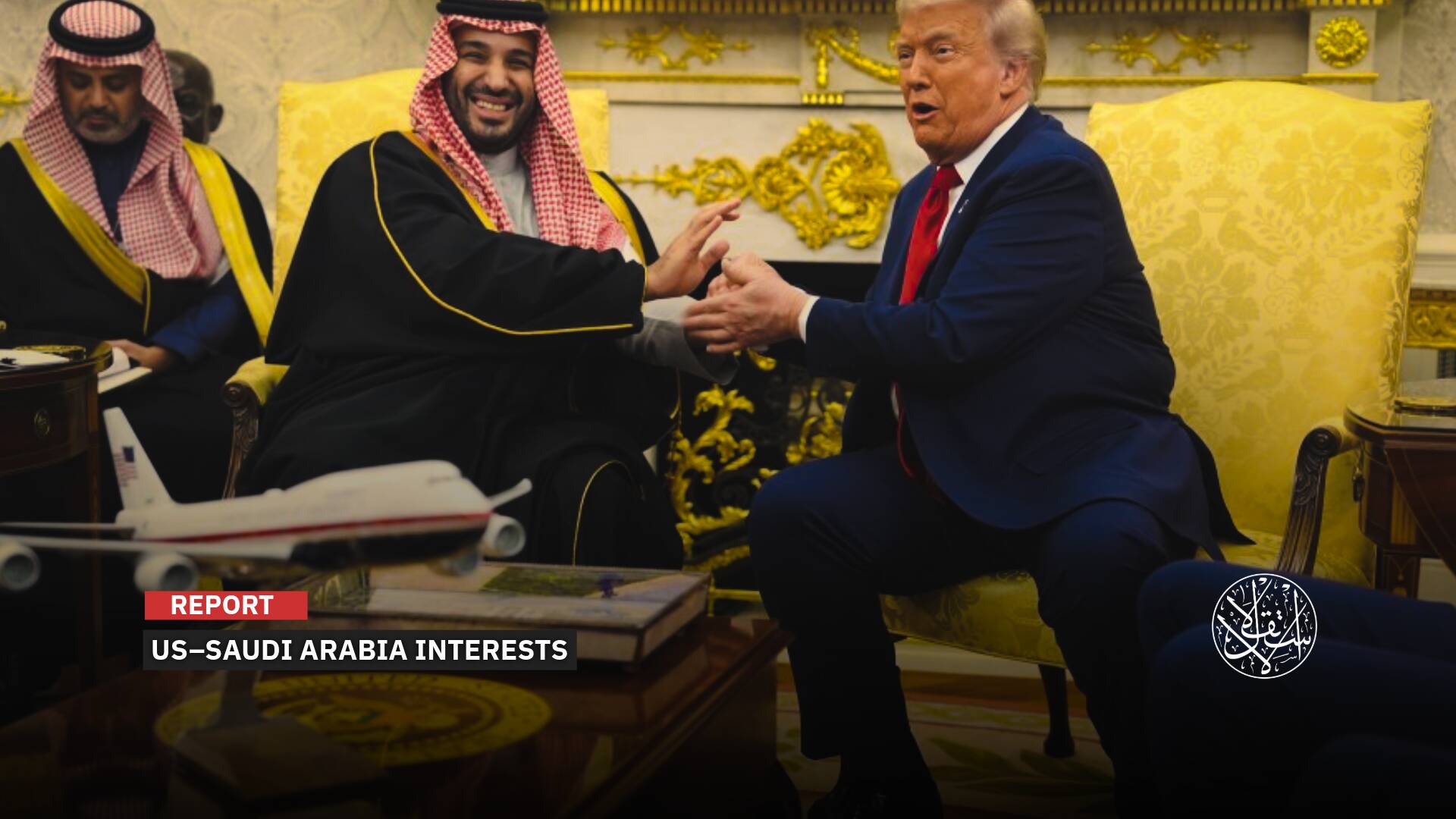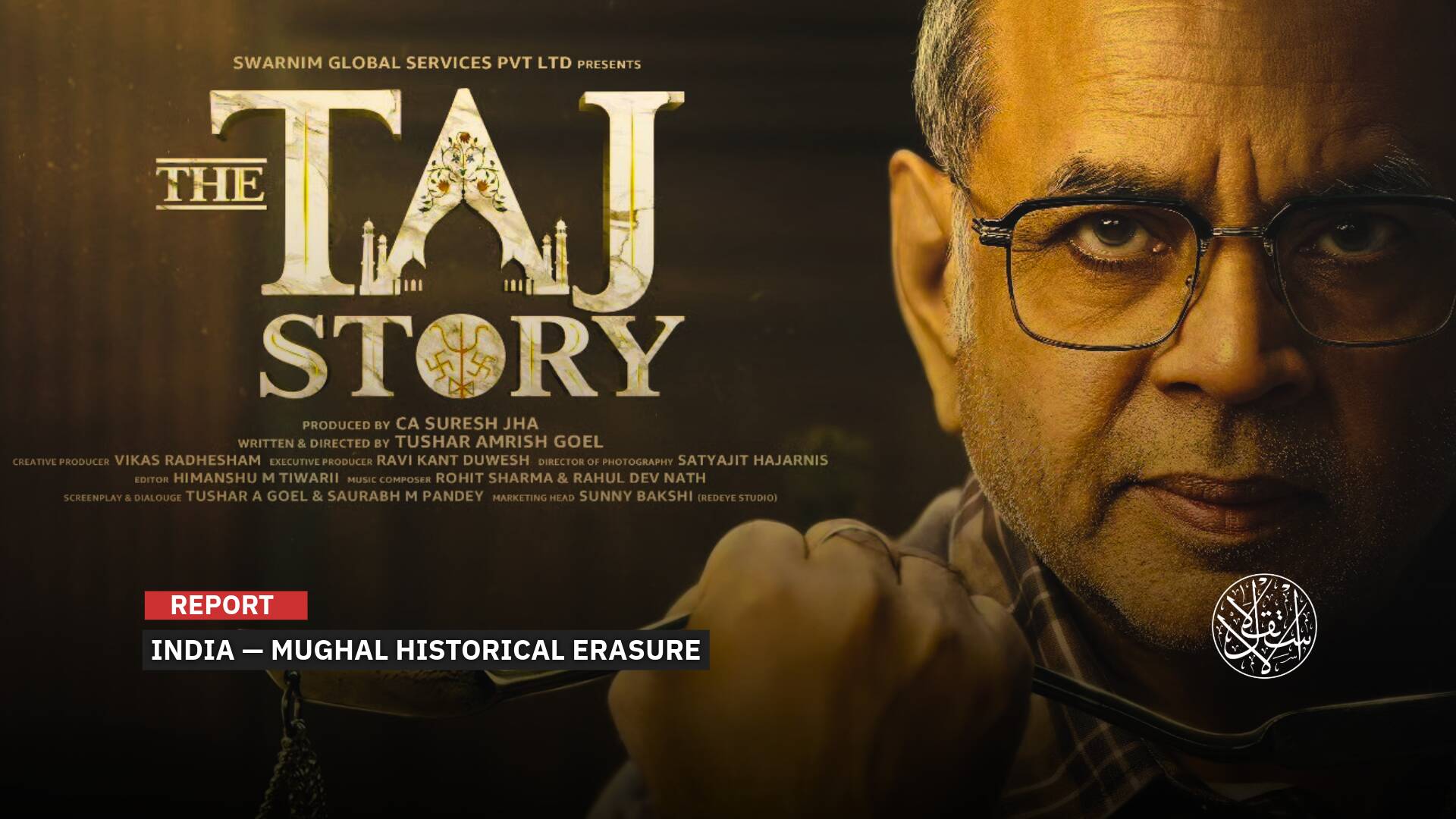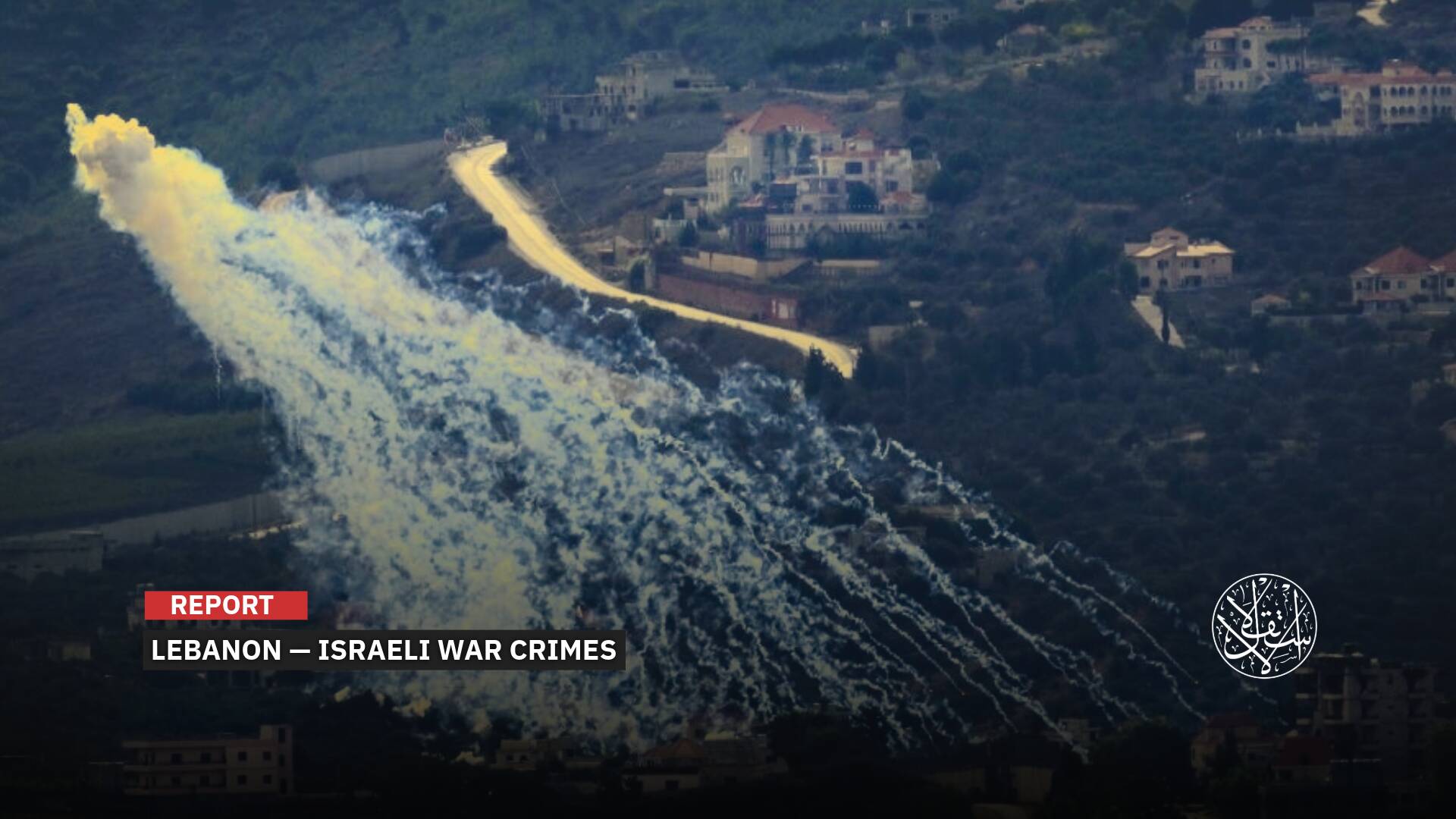Why Didn’t Saudi Arabia and Kuwait Participate in the Sudden UAE Summit?

Surprisingly, only 4 leaders of the Gulf Cooperation Council countries met in Abu Dhabi on January 18, 2023, as Saudi Arabia and Kuwait were mysteriously absent.
The summit’s details were not yet revealed, with the exception of protocol data such as discussing “brotherly relations,” according to the Emirates News Agency.
This sudden six-party summit came after another included 3 parties: Sisi, the King of Jordan, and Palestinian President Mahmoud Abbas.
The Jordanian monarch went straight to Abu Dhabi to inform UAE President Mohammed bin Zayed, who then initiated the call for the mini-consultative summit. It was clear there were emergency reasons necessitating this meeting, according to observers.
The absence of the Saudi Crown Prince, Mohammed bin Salman, or whoever represents the Kingdom, as well as the Emir of Kuwait, Nawaf al-Ahmad al-Sabah, or whoever represents the country at this summit, raised many questions.
The reasons for the convening of the Abu Dhabi Summit are unknown, but its circumstances, the absence of important “funding” parties, and the talk of disagreements all indicate that the main objective of this meeting was to discuss the crushing financial crisis of the Sisi regime and the possible bankruptcy.
Analysts have set three possible goals for this summit, revolving around supporting Egypt financially to prevent the collapse of the regime, supporting Palestine politically against the Judaization of al-Aqsa Mosque, and thirdly, coordinating the possibilities of an approaching US–Israeli military action against Iran’s nuclear program, which one is more likely to be the real meeting goal?
Save Sisi
It was clear that the Abu Dhabi six-party summit had an economic goal in the first place, revolving around discussing Sisi’s request for huge new financial grants from the Gulf, and that it was more like a “donors’ conference,” which might be the last conference of its kind to save Egypt.
Egyptian political sources described to Al-Estiklal that the Abu Dhabi summit was more like a “donors’ conference” and described the meeting as “a final attempt by Sisi to request direct support from the Gulf, other than selling assets.”
As part of el-Sisi’s blackmailing of his allies in the Gulf states, the journalist close to the Egyptian regime, Imad al-Din Adib, had previously warned of upcoming instability in Egypt.
In an article published on June 12, 2022, Adib warned of a famine that would prompt Egyptians to escape the country unless the Gulf paid Egypt 25 billion “fresh dollars” immediately.
The sources, who preferred not to be revealed, believed that “the issue is greater than the reluctance of the Gulf states to directly support Sisi, because even many sales deals have stopped.”
They pointed out that there are differences under the table between the Gulf donor countries themselves and between Egypt as well, which precipitated the meeting.
They linked Mohammed bin Salman’s absence from the donors’ conference to what was also reported about the slow procedures for handing over the Egyptian islands of Tiran and Sanafir to Saudi Arabia, as Sisi asked for more money.
A member of the Foreign Affairs Committee in the Egyptian Parliament, Emad Gad, described the absence of Saudi Arabia and Kuwait from the meeting as a “message” that they will not contribute to saving Egypt.
On January 19, 2023, Gad said: “The Gulf countries are no longer willing to provide more grants and aid, especially to countries like Egypt,” after the statements of Saudi Finance Minister Mohammed al-Jadaan and deputies in the Kuwaiti National Assembly regarding financing, according to Al-Hurra.
Gad ruled out that the Abu Dhabi meeting focused on political issues, stressing that the economy was the main concern of the meeting, especially in light of the financial crisis in Egypt.
On January 18, the editor-in-chief of the Rai al-Youm website, Abdel Bari Atwan, suggested that the deterioration of the Egyptian economic situation is behind the rapid move of the countries participating in the summit.
He said: “There is news saying that the International Monetary Fund has asked the Gulf states to provide $40 billion in aid immediately to Egypt, otherwise the collapse is imminent and inevitable.”
The International Monetary Fund agreed to grant Egypt a loan of three billion dollars to be paid over 46 months, but the loan is only a drop in the ocean.
The burden of debt service that Cairo must pay during the fiscal year 2022–2023 is about $42 billion, according to the World Bank.

Since the beginning of the crisis in February 2022, Egypt has not received a single dollar grant from the Gulf, and the matter was limited to asset sales and extending the term of Gulf deposits in the Central Bank.
This had a direct impact on the exacerbation of the crisis, so Sisi requested direct grants urgently, in addition to the expected proceeds from the sale of assets, to slow the exacerbation of the crisis, and sought to warn them at the Abu Dhabi summit that the collapse of Egypt would also “harm” them, according to the sources.
It is believed that the UAE’s keenness to gather and host the rest of the Gulf leaders may have come to try to collect the largest possible amount for Egypt or to make the refusal to provide the required grants “collectively” after the majority of the Gulf refused to provide more, according to observers.
The meeting represents “an attempt by the UAE to gather countries under an economic roof, as Saudi Arabia did not attend to distance itself from providing aid in the current period due to its preoccupation with Vision 2030,” according to what the Jordanian economic researcher, Amer al-Shobaki, told Al-Hurra on January 19.
The past few months hold signs of restlessness or distress on the part of Sisi’s Gulf supporters due to his mismanagement of grants and gifts, and his constant need for new grants, as if saying be self-reliant and stop asking for aid.
But the important question here is: To what extent the Gulf states can insist on their refusal to further support Sisi in light of the signs of the collapse in Egypt and the escalation of popular anger?
Are they willing to risk the current Egyptian regime being subjected to political shocks with the possible return of the revolutionary and Islamic forces to power, while their original intervention was to support Sisi to abort this scenario?
Egyptian academic and researcher Khalil al-Anani believes that “the Gulf considers Sisi as a reliable partner in maintaining regional stability, and this is particularly important for Saudi Arabia and the UAE, as they seek to confront Iran’s influence in the region.”
Therefore, he stressed, in an article on MEE, on January 19, that the Gulf will not abandon Sisi to help them seize Egypt’s assets.
He made it clear that the relationship between the Gulf states and the Abdel Fattah al-Sisi regime may be tense, but it is unlikely to end completely. It is still seen as a preferred option, because it allows for more manipulation to achieve the greatest benefit for the interests of those countries.
He noted that Sisi’s lack of concern about the economic collapse is linked to his confidence in Gulf support.
He explained that Sisi’s inability to deal with the crisis in Egypt led to the disappointment of the Gulf states, describing him as a financial burden.
Therefore, they do not provide him with sufficient support to get out of the financial crisis and put pressure on the military establishment to find another replacement, according to his estimation.
Rejection and Absence
Kuwait’s absence from the Abu Dhabi Summit was a clear message of its rejection of the principle of participating in providing any new grants to the Sisi regime. This was preceded by a clear public refusal by the Kuwaiti National Assembly to give any grants or loans to Egypt.
Secretary of the Kuwaiti National Assembly, Representative Osama al-Shaheen, announced his refusal to “obey the orders of the International Monetary Fund” and his request to the Gulf states to allocate new funding for Egypt.
He pointed out that the International Monetary Fund issued a statement on January 11 demanding new financing resources from the Gulf countries (for Egypt), around $14 billion, and called for its rejection.

This prompted the “Veto” newspaper, which is close to the Cairo regime, to describe Representative Osama al-Shaheen on January 13 as “the representative of the Muslim Brotherhood in the Kuwaiti nation, launching an unprecedented campaign of attack against Egypt, which indicates Egyptian intelligence’s dissatisfaction with the Kuwaiti approach.
The International Monetary Fund had asked what it described as “Egypt’s Gulf allies” to fulfill their investment pledges, which amount to billions of dollars.
This will be in exchange for stakes in Egyptian assets and companies, on time, to ensure that the state covers the external financing gap in the coming years.
On June 6, 2022, a number of Kuwaiti parliamentarians refused to direct more investments to Egypt.
At the time, they criticized a statement made by the Kuwaiti Minister of Finance, Abdul Wahab al-Rasheed, to continue pumping Kuwaiti investments into Egypt.
At the time, Representative Osama al-Shaheen also said that the people refuse to pump more public funds into Egypt, especially with our failure to recover government deposits from there.
“If Kuwait and Saudi Arabia agree on the matter [absent in the summit], then there is no doubt that this matter is serious and strategic, and that it indicates the matter [which was discussed] has failed and will not be fulfilled.”
This is how the former Kuwaiti lawyer and MP, Nasser al-Duwailah, explained the absence of the two countries, perhaps in an implicit reference to Egypt’s request for new non-refundable financial grants, and their absence as an expression of their refusal.
Axios published a report on December 21, 2022, indicating that Egypt stopped and slowed down the implementation of the procedures for the agreement to transfer ownership of the islands of Tiran and Sanafir to Saudi Arabia, which strained the relations between the two countries.
It made it clear that Abdel-Fattah el-Sisi’s regime aimed, with this slowdown, to put pressure on America to collect the price of the concession, and perhaps on Saudi Arabia to request more grants amid refusal to provide any grants to Egypt.
The Alarab website affiliated with Riyadh criticized Cairo and Amman, saying, “Whenever they witness a crisis, they wait for Saudi aid, and the Gulf in general, to secure the situation.”
It made it clear on January 19, 2023, that “Saudi Arabia has become convinced that donations, grants, and free aid are nothing but an immediate remedy and temporary relief for the crises in Egypt and Jordan, and most importantly, it has not received anything in return for that aid.”
“It is clear that Saudi Arabia is frustrated with the way it spends the money it paid in the form of aid to Egypt and Jordan, and before them Lebanon,” according to the website.
The Egyptian official media launched a fierce attack on the Saudi MBC channel, which broadcasts from Egypt, accusing Amr Adib, of working for the Kingdom, amid fears that the station might be closed, which observers considered another indication of strained relations.

Controversies and Scenarios
Following the absence of Mohammed bin Salman from the “donor summit,” and in conjunction with the six-party meeting in the Emirates, Saudi Arabia announced that it is seeking to reduce unconditional foreign aid, and not to give money for free.
Specialists believe that Saudi conditions mean that Saudi Arabia is restricting any new foreign aid to Egypt.
El-Sisi had confirmed in previous statements in October 2022 this cessation of Gulf grants when he said that the Gulf countries had completely stopped their aid.
He addressed the Gulf citizens with a veiled message of censure at the economic conference (Egypt 2022) when he said that “brothers and friends have the impression that the Egyptian state is unable to stand up again,” so they decided to stop the grants.
Saudi Arabia has been a major supporter of Egypt’s economy for years and, amid the repercussions of the war in Ukraine, it sent a $5 billion deposit to the Egyptian Central Bank.
Last year, the Saudi Public Investment Fund bought Egyptian shares worth $1.3 billion in companies listed on the Egyptian Stock Exchange, according to a statement it issued on June 29, 2022.
However, these investments, in return for projects and reforms, financial experts believe that part of them have been disrupted or not implemented, which impedes the injection of part of these funds.
It was clear that the King of Jordan’s attendance at the Cairo Summit with the Palestinian President had a political goal, which was to take a stance towards the Israeli Occupation after it sought to establish a new reality in al-Aqsa.
A closing statement was issued by the Egyptian presidency confirming this. It focused on the existing historical and legal situation in Jerusalem (al-Quds) and “that the blessed al-Aqsa Mosque, al-Haram / al-Qudsi al-Sharif, with its entire area of 144 dunums, is a pure place of worship for Muslims.”
Also, the statement said that “the Department of Jerusalem Endowments and al-Aqsa Affairs, affiliated to the Jordanian Ministry of Endowments, is the only entity authorized to manage the affairs of the blessed al-Aqsa Mosque and that all illegal unilateral Israeli measures should stop.”

However, the presence of the King of Jordan at the Abu Dhabi meeting is believed to be for financial reasons, as his country suffers from poor economic conditions and has witnessed demonstrations and clashes with the police.
Jordan is witnessing difficult economic conditions, exacerbated by foreign debts that exceed 50 billion dollars. Tourism, one of the most important sources of income in the Kingdom, has been damaged since the Covid-19 pandemic, according to what the French News Agency said on January 19, 2023.
Another reason that analysts suggested for the Abu Dhabi summit was the Arab consultations about possible news of an American–Israeli attack on Iran.
This reinforced the warning of the former Qatari Prime Minister, Sheikh Hamad bin Jassim, to the Gulf states on January 14, 2023, of an imminent US–Israeli aggression against Iran that could shake its security and destabilize it.
Sources
- Saudi Arabia Says Days of Unconditional Foreign Aid Are Now Over
- Are Gulf leaders abandoning Egypt?
- Why did Prince bin Salman and his Kuwaiti counterpart miss the emergency consultative summit in Abu Dhabi? [Arabic]
- “The Kingdom will change its approach.” Why did Saudi Arabia miss a meeting of Arab leaders in Abu Dhabi? [Arabic]


